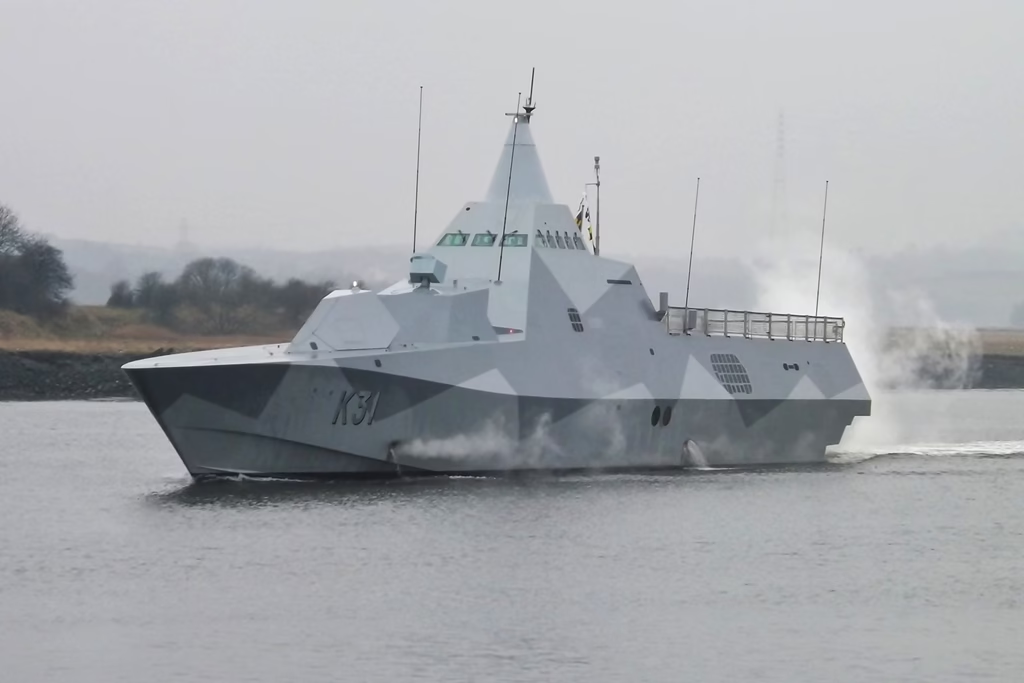During the ceremony, the President of the Board of the
Published: 26/11/2014
The NATO Summit in Newport, which took place on September 4-5, 2014, brought important decisions for Poland’s national security. The Alliance will strengthen its military presence on its eastern flank
Author: Przemysław Pacuła
Published: 31/10/2014

In the spring of 2014 both rounds of the presidential elections (April 13 and April 27) and early parliamentary elections (April 27) took place in Macedonia.
Author: Agata Biernat
Published: 13/10/2014

Partnership in Afghanistan – Summary of Election Results and a Little Step Forward Towards Democracy
The world waited for over three months for the final results of the presidential elections in Afghanistan. After the second round (held on June 14, 2014) certain consternation appeared in the country, as Abdullah Abdullah, who after the first round of the election won a decisive advantage over Ashraf Ghani, announced that he would not accept any possible defeat.
Author: Jakub Gajda
Published: 29/09/2014

On September 11, 2001, the Western world faced a new threat: global Islamic extremism employing the sophisticated tools of terrorism.
Author: Tomasz Otłowski
Published: 24/09/2014

Another major crisis in Iraq has become a sound reason for raising the issue of a possible declaration of independence of the Kurdistan Region (KR).
Author: Joanna Bocheńska
Published: 13/09/2014

According to the assumptions of the current Technical Modernization Plan of the Armed Forces for the years 2013-2022, the Polish Ministry of National Defence should begin the implementation in the next two years of the three programs of warship acquisition
Author: Grzegorz Rdzanek
Published: 03/09/2014

In view of the developments in Ukraine related to the illegal annexation of Crimea by Russia and the struggles between the Ukrainian armed forces and the Moscow-backed separatists in the east of the country, it seems necessary to accelerate the process of modernization of the Polish Armed Forces in order to improve Poland’s security.
Author: Rafał Lipka
Published: 25/07/2014

On April 27, 2014, the Serbian parliament granted a vote of confidence to the new government of Aleksander Vučić, leader of the Serbian Progressive Party (SNS), which had enjoyed an overwhelming victory in the March early elections.
Author: Agata Biernat
Published: 14/07/2014

During the Freedom celebrations on June 4, 2014, the Polish President Bronislaw Komorowski announced that Poland will increase its spending on defence from the current (guaranteed by law) 1.95 percent of GDP to 2 percent of GDP
Author: Przemysław Pacuła
Published: 08/07/2014

During the ceremony, the President of the Board of the
Opublikowano: 26/11/2014
The NATO Summit in Newport, which took place on September 4-5, 2014, brought important decisions for Poland’s national security. The Alliance will strengthen its military presence on its eastern flank
Autor: Przemysław Pacuła
Opublikowano: 31/10/2014
In the spring of 2014 both rounds of the presidential elections (April 13 and April 27) and early parliamentary elections (April 27) took place in Macedonia.
Autor: Agata Biernat
Opublikowano: 13/10/2014
Partnership in Afghanistan – Summary of Election Results and a Little Step Forward Towards Democracy
The world waited for over three months for the final results of the presidential elections in Afghanistan. After the second round (held on June 14, 2014) certain consternation appeared in the country, as Abdullah Abdullah, who after the first round of the election won a decisive advantage over Ashraf Ghani, announced that he would not accept any possible defeat.
Autor: Jakub Gajda
Opublikowano: 29/09/2014
On September 11, 2001, the Western world faced a new threat: global Islamic extremism employing the sophisticated tools of terrorism.
Autor: Tomasz Otłowski
Opublikowano: 24/09/2014
Another major crisis in Iraq has become a sound reason for raising the issue of a possible declaration of independence of the Kurdistan Region (KR).
Autor: Joanna Bocheńska
Opublikowano: 13/09/2014
According to the assumptions of the current Technical Modernization Plan of the Armed Forces for the years 2013-2022, the Polish Ministry of National Defence should begin the implementation in the next two years of the three programs of warship acquisition
Autor: Grzegorz Rdzanek
Opublikowano: 03/09/2014
In view of the developments in Ukraine related to the illegal annexation of Crimea by Russia and the struggles between the Ukrainian armed forces and the Moscow-backed separatists in the east of the country, it seems necessary to accelerate the process of modernization of the Polish Armed Forces in order to improve Poland’s security.
Autor: Rafał Lipka
Opublikowano: 25/07/2014
On April 27, 2014, the Serbian parliament granted a vote of confidence to the new government of Aleksander Vučić, leader of the Serbian Progressive Party (SNS), which had enjoyed an overwhelming victory in the March early elections.
Autor: Agata Biernat
Opublikowano: 14/07/2014
During the Freedom celebrations on June 4, 2014, the Polish President Bronislaw Komorowski announced that Poland will increase its spending on defence from the current (guaranteed by law) 1.95 percent of GDP to 2 percent of GDP
Autor: Przemysław Pacuła
Opublikowano: 08/07/2014










